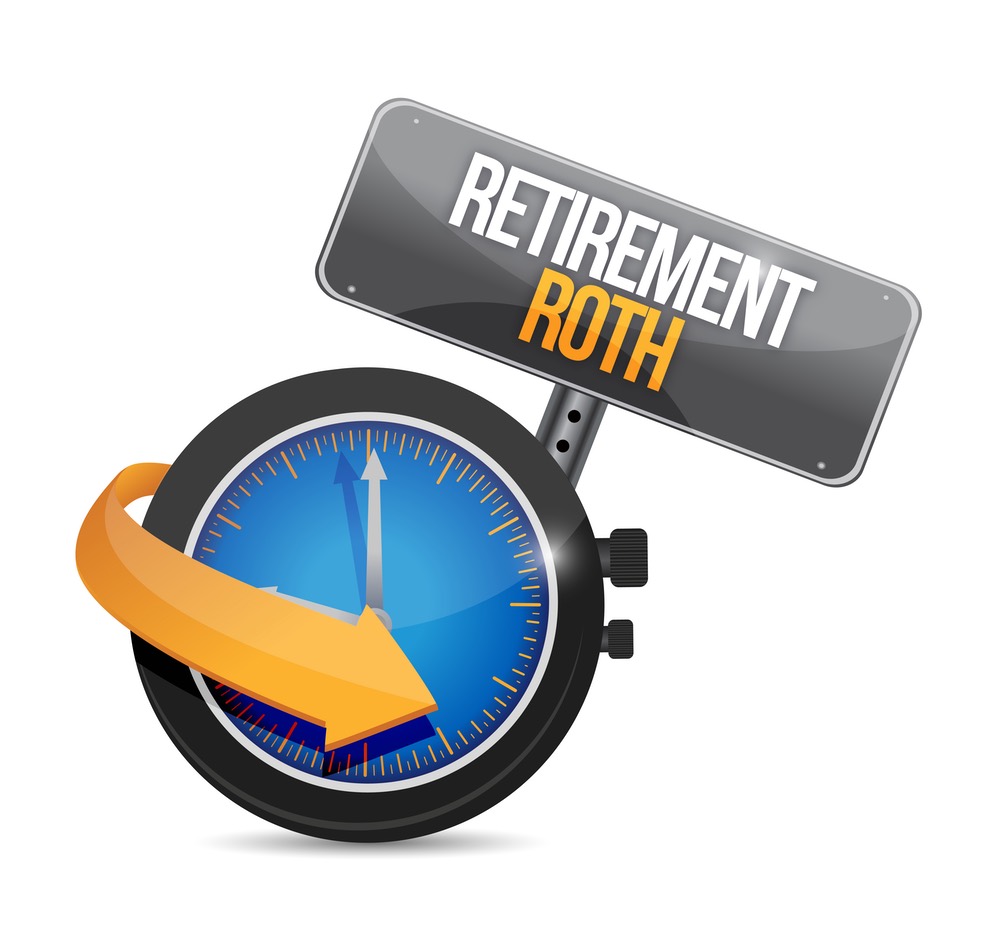SUBSCRIBE
Enter your Name and Email address to get
the newsletter delivered to your inbox.
Please include name of person that directed you to my online newsletter so I can thank them personally.
Robert A. Imparato, Jr CFP®
CERTIFIED FINANCIAL PLANNER™ professional
Craig A. Hyldahl CFP®
CERTIFIED FINANCIAL PLANNER™ professional
R.I.C.H. Planning Group, LLC
105 Fieldcrest Avenue, Suite #507
Edison, NJ 08837
Robert: 732-326-5240
Craig: 732-326-5241
Fax: 732-326-5331
Robert: robert@richplanninggroup.com
Craig: craig@richplanninggroup.com
Website: www.richplanninggroup.com

If you’re nearing or in retirement and concerned that income tax rates will rise, you may want to convert a portion or all of your taxable retirement plan assets to a tax-free Roth IRA*. Here’s how it works.
If you’re nearing retirement but still working, the extra income can also cause you to become ineligible for current contributions to an existing Roth IRA. In 2018, income limits begin at $189,000 and phase out at $199,000 for taxpayers who are married and filing jointly or heads of households, with limits for single filers phasing out between $120,000 and $135,000.** But you do have alternatives if that’s the case.
Qualified Roth IRA distributions are tax-free after age 59 1/2 if you have owned the IRA at least five years. Unlike traditional retirement accounts, the Roth IRA is not subject to what’s known as required minimum distributions (RMDs), which must begin at age 70 1/2. In fact, you needn’t take a distribution from a Roth in your lifetime. Your financial professional can tell you more.
* Converting from a traditional IRA to a Roth IRA is a taxable event. A Roth IRA offers tax free withdrawals on taxable contributions. To qualify for the tax-free and penalty-free withdrawal of earnings, a Roth IRA must be in place for at least five tax years, and the distribution must take place after age 59 1/2 or due to death, disability, or a first time home purchase (up to a $10,000 lifetime maximum). Depending on state law, Roth IRA distributions may be subject to state taxes.
** https://www.irs.gov/retirement-plans/plan-participantemployee/amount-of-roth-ira-contributions-that-you-canmake-for-2018
GE-2258619d (10/18)(Exp. 10/20)
Enter your Name and Email address to get
the newsletter delivered to your inbox.
Please include name of person that directed you to my online newsletter so I can thank them personally.
Enter your Name, Email Address and a short message. We'll respond to you as soon as possible.
Duly registered and licensed financial professionals offer securities through Equitable Advisors, LLC (NY, NY 212-314-4600), member FINRA,SIPC (Equitable Financial Advisors in MI & TN), offer investment advisory products and services through Equitable Advisors, LLC, an SEC-registered investment advisor, and offer annuity and insurance products through Equitable Network, LLC (Equitable Network Insurance Agency of Utah, LLC in UT; Equitable Network of Puerto Rico, Inc.). Equal Opportunity Employer - M/F/D/V. Equitable Advisors and its associates and affiliates do not provide tax, accounting, or legal advice or services.
R.I.C.H. Planning Group, LLC is not owned or operated by Equitable Advisors or Equitable Network. GE-6572038.1 (4/24)(Exp. 4/26)
CFP® and CERTIFIED FINANCIAL PLANNER™ are certification marks owned by the Certified Financial Planner Board of Standards, Inc.
These marks are awarded to individuals who successfully complete the CFP Board's initial and ongoing certification requirements.
R.I.C.H. Planning Group, LLC and LTM Marketing Solutions, LLC are unrelated companies. This publication was prepared for the publication’s provider by LTM Marketing Solutions, LLC, an unrelated third party. Articles are not written or produced by the named representative.
The information and opinions contained in this web site are obtained from sources believed to be reliable, but their accuracy cannot be guaranteed. The publishers assume no responsibility for errors and omissions or for any damages resulting from the use of the published information. This web site is published with the understanding that it does not render legal, accounting, financial, or other professional advice. Whole or partial reproduction of this web site is forbidden without the written permission of the publisher.